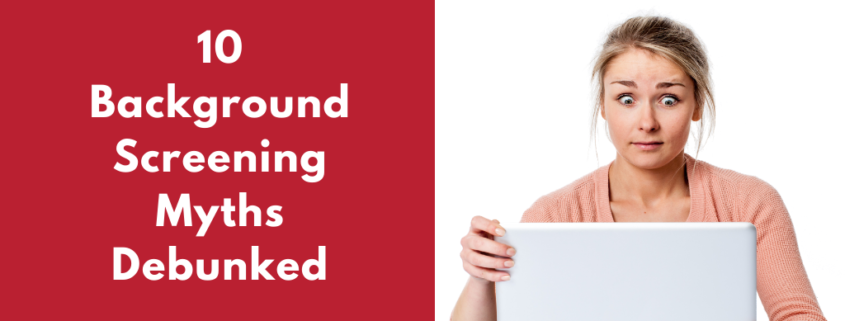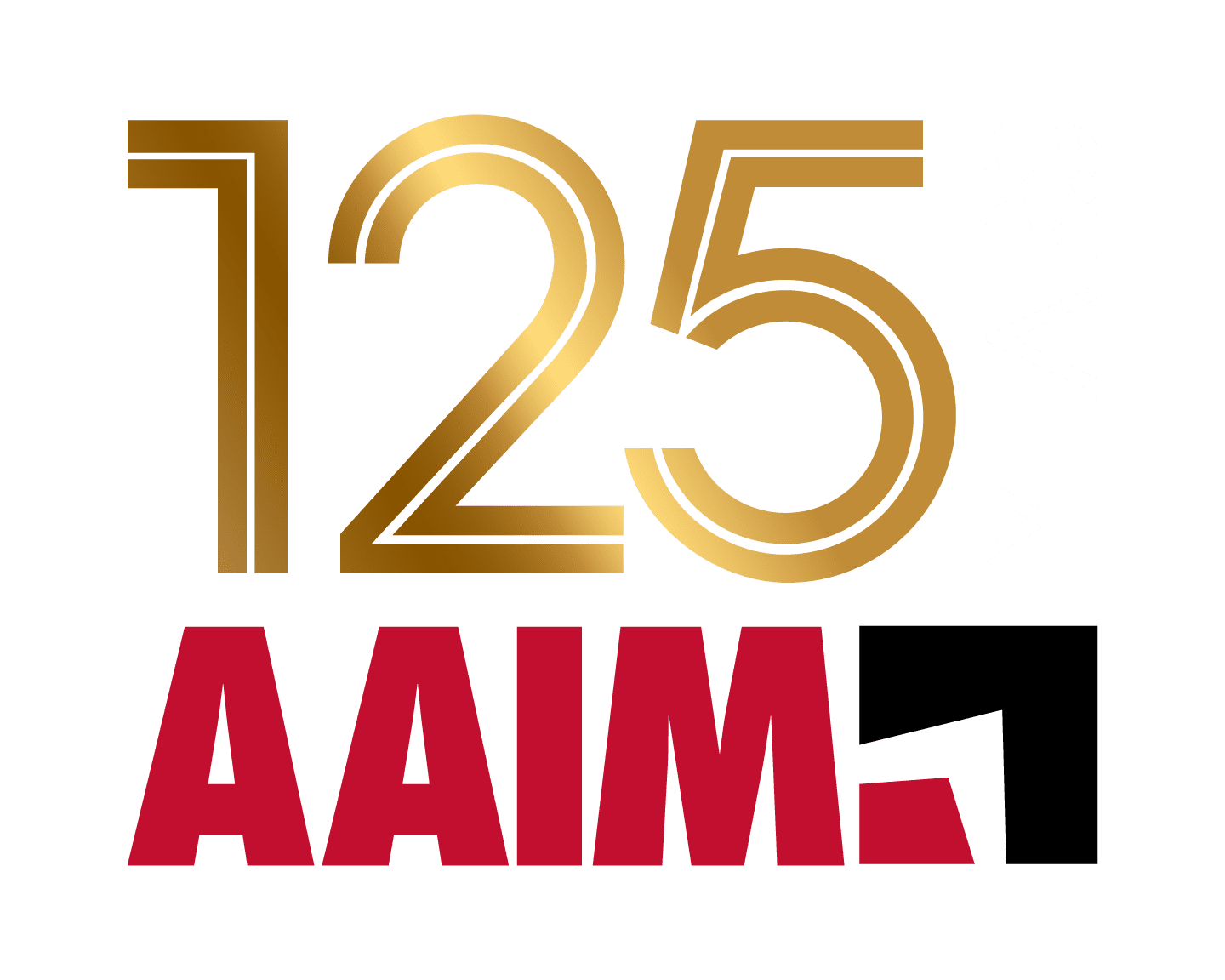Top 10 Background Screening Myths Debunked
The ins and outs of background checks are often a source of confusion for employers. Can companies perform them in-house? What’s “the box” and why is it banned? To ensure you’re practicing fair hiring and avoiding critical mistakes, we sat down for an interview with Matt Wideman, Product Manager, Talent Technologies & Background Verification.
Myth #1: Only large companies conduct background checks.
The size of a company should not dictate whether background checks are performed. Industry, type of work, and who employees interact with are just a few factors to consider. In fact, according to a survey done by the Professional Background Screeners Association (PBSA), 42% of companies conducting background checks in 2019 had fewer than 100 employees. Additionally, approximately 52% of companies conduct fewer than 100 screenings annually.
Myth #2: Only for-profit employers need to conduct background checks.
Non-profit organizations, including charities and religious organizations, should be conducting background screenings for both employees and volunteers. Conducting these screenings protects the communities and vulnerable populations that these organizations serve.
Myth #3: “I don’t need to run background checks on my applicants since most candidates tell the truth on resumes.”
A recent Harris Poll conducted for Career Builder showed that 58% of hiring managers have discovered lies on resumes. Background screenings ensure that the information provided in terms of employment and education are accurate.
Myth #4 All background checks are the same.
The type and depth of background checks that companies run can vary greatly. Some screenings are only cursory database searches that can miss criminal results at the federal level and sometimes at the state or county levels as well. Some checks also exclude searches like a Social Security Trace, which help to populate county/state jurisdictions and will provide alias names that need to be searched.
Myth #5: All background check providers are the same.
There are over 3,000 companies across the country who provide background screening services. These organizations, known as Consumer Reporting Agencies (or CRAs), differ in size, services available, and methodology used to convey results. The level of service provided, educational resources, and expertise also vary greatly from one company to another.
On the other hand, there are fewer than 200 organizations in the United States that are accredited through the Professional Background Screeners Association (PBSA). Such accreditation requires that these organizations have taken steps to not only have strict policies and procedures in place, but also have taken the time to document their practices and to ensure the safety of the consumer and their clients with regards to the information provided. Some CRAs also require their screeners to further their education and maintain certifications with regards to the Fair Credit Reporting Act (FCRA).
Companies should do their research to ensure that their CRA will provide them with accurate, in-depth screenings that will protect their organization. They should also make sure that their CRA can provide knowledge and education to support inquiries and answer questions.
Myth #6: All states have the same laws for reporting criminal background results to employers.
The Fair Credit Reporting Act does have a set standard for search scope and reporting guidelines, however, state by state laws vary greatly and supersede those set forth by FCRA. Some states allow only convictions to be reported whereas others have differing search scope requirements. Some states even have specific laws on how to treat specific offense types. What holds true for one state does not for all.
Myth #7: Background checks are too expensive for my organization.
The costs associated with background checks can vary depending on what screenings a company requires and which CRA is used. Most checks cost less than $50 per hire. However, a bad hire can cost much more in both time and money. Career Builder reports that a bad hire can cost an organization as much as $15,000. A good background check provider can consult and help companies understand what types of searches are appropriate for their organization and design a package to fit their needs.
Myth #8: Background checks slow down hiring processes and take too long.
Many background checks can be done within 24 hours and most can be completed within 2-3 days. However, some municipalities do take longer to provide results to all agencies. Companies should ask what typical turnaround times are for each of the searches being ordered. A little extra time for a thorough search is well worth it when considering the time, expense, and long-term impact that a bad hire can have on an organization.
Myth #9: “When an employer orders a background check, the screening agency will handle everything, and I can just sit back and wait for the results.”
There are some steps that an employer is required to take before and potentially after a background check is conducted.
Employers are required to provide the following to the candidate prior to performing a background check:
- Summary of Rights under the FCRA
- Consumer Report Disclosures
- Authorization Form
If the employer decides not to move forward with the candidate after the background check has been performed, they need to follow adverse action procedures.
Reputable screening organizations can provide a company with compliant documents or online systems to ensure that their responsibilities as the employer are satisfied when placing a background request.
Myth #10: Ban the Box laws inhibit an employer’s ability to screen for things that could disqualify a candidate for employment.
Ban the Box laws simply prohibit the use of questions directly to a candidate that could disqualify them without a search. Nothing changes in terms of the employer’s ability to conduct a background screening on applicants. Be sure to consult an HR professional or legal advisor to ensure compliance with local laws regarding Ban the Box.
The bottom line on background checks — Conducting background checks doesn’t have to be a hassle. Ensure that your company’s hiring managers know not to go looking for information on their own, apply your policies consistently, and enforce the rules fairly. AAIM’s background checking service, AAIMCheck, helps organizations efficiently manage comprehensive employment screening programs. We offer a full range of searches including: various levels of criminal searches, verifications, references, and credentials, with world-class customer service. Request more information.


